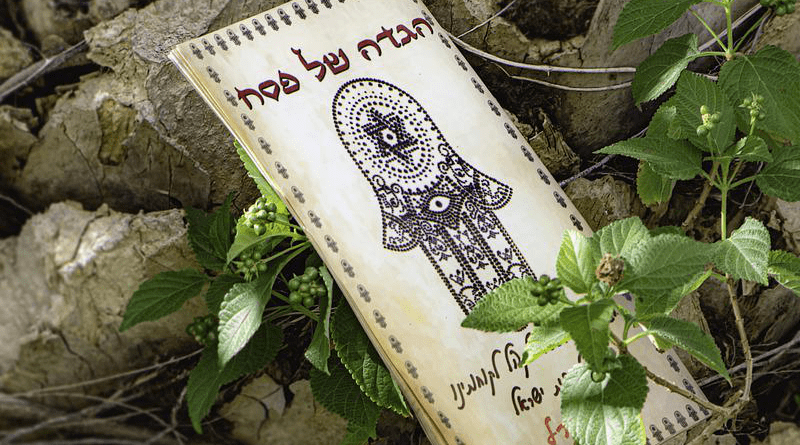Passover Means Rebirth, Now As Much As Ever – OpEd
By Arab News
By Rabbi Marc Schneier*
Passover is the holiday celebrating the birth of the Jewish nation, a recounting of how God delivered the ancient Israelites from their enslavement in Egypt and allowed them to prosper for thousands of years as a people.
But this annual commemoration, sacred to Jews all over the world, is not an abstract lesson about events thousands of years ago, or simply the sum of all the Biblical anecdotes, prescribed rituals, and requirements of prayer and sacrifice. It is a story as much about the Jews of today, their continued ability to find redemption, to thrive and succeed, and to make new friends and new history.
Today, that sense of resilience and restoration, and of the Jews continuing to be born as a people is probably best seen in its groundbreaking and once unthinkable relationships with the countries and people of the Islamic world.
Once again, I am spending this Passover in Israel. What is palpably different this time is the connectedness of this period of commemoration with the diplomatic momentum of the region and the greater Muslim world.
Perhaps it is not mere coincidence but divine providence that Passover and Ramadan are taking place during the same period for the second straight year. I have attended iftars in Tel Aviv hosted by a half-dozen envoys of majority-Muslim countries.
And I have been pleased to meet with the ambassadors of countries such as Bahrain, Kazakhstan, Kosovo, Morocco and Turkiye, all of whom seem to sense the same understanding as myself that we share not only a common faith, but also a common fate.
Together, Jews and Muslims are breaking new ground. Last week, I participated in the grand unveiling of Azerbaijan’s new embassy in Tel Aviv. It was a historic occasion. I only hope and pray that more countries will follow, demonstrating their commitment to dialogue and comity among nations and peoples.
Passover is an important time of reflection. And it is impossible to be in Israel right now and not focus on the seismic political turmoil that is occurring.
I think about how much Israel, and more broadly the Jewish people, stand to gain if a sense of national unity is restored, allowing it to maintain the momentum of rapprochement with the Arab and Muslim peoples. An Israel distracted and fighting among itself is in a worse position to build on the success of the Abraham Accords, and add to the growing list of Islamic countries with which it now enjoys fruitful and positive relations.
An Israel disunited also will find it even harder to break the logjam on the single biggest issue hindering its relationship with the rest of the Muslim world: An elusive peace with the Palestinians. For years, I have recounted to Jews and Israelis the overwhelming significance of this unfinished task, and what it means for countries such as Saudi Arabia, Qatar and others, which want to extend an open hand of friendship while not abandoning their Arab brothers and sisters.
With Passover and Ramadan upon us, now is as good a time as any for Israel to rejuvenate its process with the Palestinians and see what such prospects would mean for its diplomatic standing in its neighborhood.
This may seem a challenging proposition, but the story of the Israelites’ liberation during Pesach informs us that no dream is beyond reach and no act of greatness beyond God’s capacity. They are possible when paired with human commitment and determination.
As I enjoy the kindness and warmth of my cherished Muslim friends in the diplomatic world, determined to use their postings in Israel to improve relations and forge new alliances, I am reaffirmed that we truly live in an epoch of rebirth — evocative of the Passover spirit as much as any other.
We have much work to complete. But for our efforts, we will have many future Passovers and Ramadans to enjoy together, in peace and harmony, and in solidarity and respect.
- Rabbi Marc Schneier is president of the Foundation for Ethnic Understanding and a noted adviser to many Gulf states. He is recognized as one of the most influential Jewish figures in the Muslim world.

